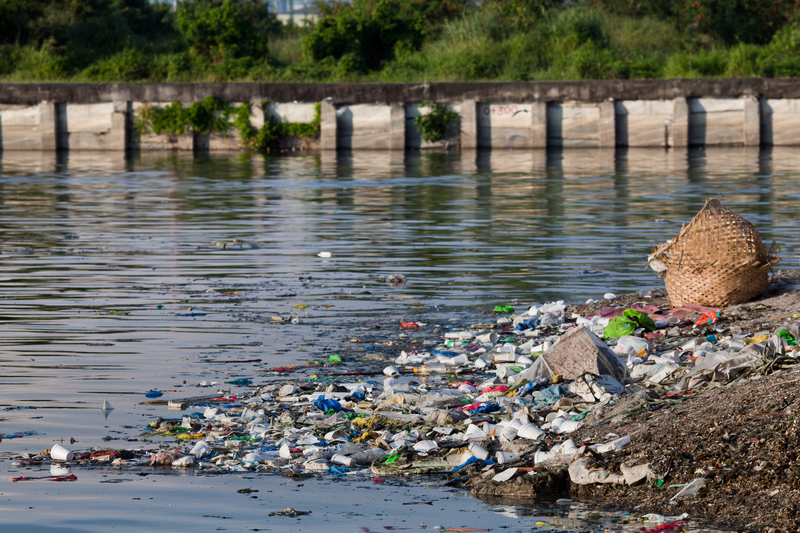For too many, preparing for a survival situation has become almost a hobby instead of a deadly serious way of getting through horrible circumstances.
While stuff like “zombies” has captured the fancy of many, the reality is people are much more likely do die from a third world ailment than being attacked by the walking dead.
Illness Due to Poor Water Conditions
Typically, any diseases that are brought on by lack of sanitation and hygiene are controllable and preventable. In a disaster where water sources are compromised, people within a 50 mile radius could be adversely impacted by illness and disease if just one person incorrectly handles water or incorrectly disposes of waste.
Contaminated water, poor sanitation and/or lack of hygeine leads to diseases such as Hepatitis A, viral gastroenteritis, cholera, Shigellosis, typhoid, Diphtheria and polio.
Dehydration and diarrhea are also water-related matters to contend with. Those without adequate water conditions and/or are suffering from disease brought on by poor water conditions could quickly dehydrate. These types of illnesses typically affect at-risk populations such as children, the sick and the elderly.
Young children in particular are at high risk for diarrhea and other food- and waterborne illnesses because of limited pre-existing immunity and behavioral factors such as frequent hand-to-mouth contact.
Malnutrition
Malnutrition from either improper water conditions or from lack of nutrients is also a large killer amongst those in impoverished communities. Medical experts say there is a symbiotic relationship between malnutrition and diarreah.
Malnutrition increases the severity of diarrhea while diarrhea can cause malnutrition. Either way, prevention for both of these health issues is key.
Those that are malnourished are more suseptible to illness and disease.Individuals who are malnourished will also be vitamin deficient and their health is likely to regress further. Those who survive from malnutrition are permanently affected by this disease and may suffer from recurring sickness, faltering growth, poor brain development, increased tooth decay, reduced strength and work capacity, and increased chance of chronic diseases in adulthood. Adult women with this condition will give birth to underweight babies.
Acute Respiratory Infections
Upper respiratory infections (URI) will also be a leading cause of death in a long term disaster. Upper respiratory infections include: colds, flu, sore throat, coughs and bronchitis can usually be cured with additional liquids, rest and nourishment.
Allowing the illness to exacerbate will lead to secondary infections such as bacterial pneumonia.
To properly prepare for this type of medical situation, learn about the more prevalent viruses and bacterias in your country and how to prevent them in order to provide a healthy living environment in a long term situation.
Survival groups that have multiple people living under one roof will only increase the likelihood of passing air-borne infections and diseases to one another. In addition, those in an at-risk group (elderly, immuno-deficient, infants) are more likely to catch illnesses.
Infections From Wounds
Open injuries have the potential for serious bacterial wound infections, including gas gangrene and tetanus, and these in turn may lead to long term disabilities, chronic wound or bone infection, and death. Anitibiotics will be few and far between and will be more precious than gold. Without proper medicines, antiseptic and knowledge on proper medical procedures, many will die of bacterial infections. Learning medical skills, gaining knowledge on natural medicines and alternative medical antiseptic (i.e., Dakin’s Solution) before a disaster occurs could help people survive from wound infections.
To see how easy any of these maladies can kill you, consider that your average third world country struggles to develop primarily because of these four killers and how they affect swaths of the population.
If we were reduced to that status, even for a short time, those unprepared would be in imminent risk and those prepared would likely be OK until they had to venture out into the public.
To learn more about these and other ways you could die in a survival situation, check out Ready Nutrition.
